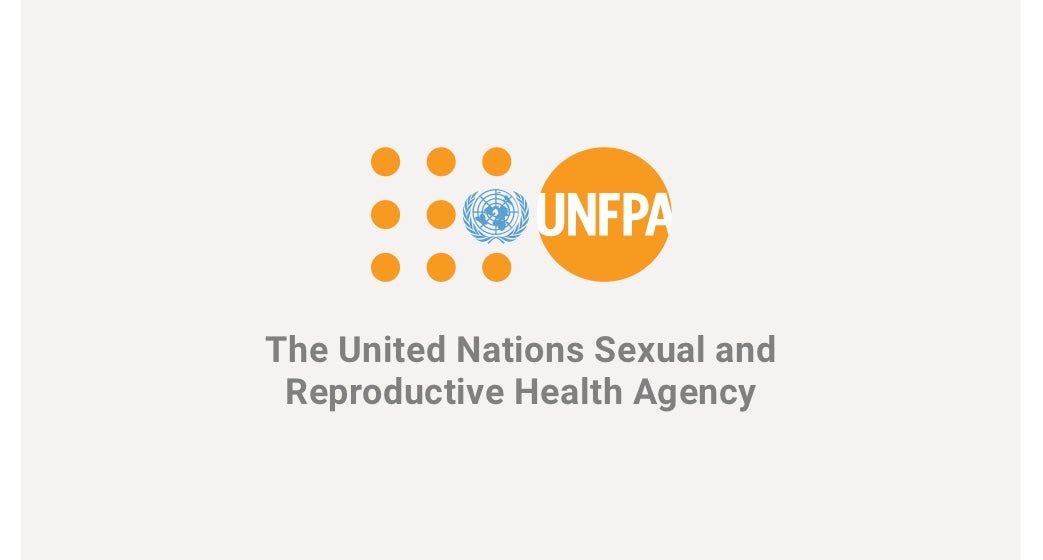H6 Partnership
The H6 partnership (formerly H4+) harnesses the collective strengths of the UNFPA, UNICEF, UN Women, WHO, UNAIDS, and the World Bank Group to advance the Every Woman Every Child (EWEC) Global Strategy and support country leadership and action for women’s, children’s and adolescents’ health.
H6 partners have been working since 2008 to help countries strengthen their health systems and improve health services for women, children and newborns in places where they were dying at an alarming rate from preventable causes.
In 2016, the UN Secretary-General issued a call to action to accelerate progress towards health-related Sustainable Development Goals and established a Global Strategy for Women’s and Children’s Health, a plan that maps out the investments, financing, policies and services needed to spur progress. As a result, H6 intensified its efforts, and EWEC became an unprecedented global movement aimed to put the Global Strategy into action.
By uniting the mandates of these six organizations, H6 increases the volume and coherence of technical support, policy engagement, advocacy and investments; minimizes overlap and duplication ;and deepens collaboration to improve outcomes in sexual, reproductive, maternal, newborn, child and adolescent health (SRMNCAH).
Technical leadership
As the technical arm of the EWEC movement, H6 strengthens country capacity in building sustainable and resilient health and social systems to improve SRMNCAH. The partnership drives progress on prevention of ill health and the determinants of women’s, children’s and adolescents’ health through joint action.
These actions are based on the principles of human rights and gender equality, and extend into realms outside of health sector, including but not limited to: education, nutrition, water and sanitation, energy, and the environment.
H6 also plays a central role in ensuring that financial resources invested in SRMNCAH programmes, including support from the Global Financing Facility (GFF), are optimally utilized and deliver maximum impact.
H6 has brought increased coherence by:
- Strengthening health systems for SRMNCAH: H6 contributes across all WHO health system building blocks to improve capacity and quality of services for SRMNCAH. It also improves quality of care, especially at the subnational level, and integration of services in SRMNCAH, including HIV, health worker capacity, referral and outreach. Its interventions are complementary, catalytic and aligned with national priorities.
- Expanding access to services: H6 contributes to increasing people’s ability to access integrated SRMNCAH services. It does so by consistently targeting service provision to underserved and hard-to-reach areas and poor populations; engaging communities to strengthen demand for quality, non-discriminatory services; and empowering women, children and adolescents to claim their rights to health.
- Responding to changing national and local needs: H6 is a flexible, responsive partnership, able to adjust and respond to changing needs and priorities at the country level, including by strategically engaging additional partners.
- Supporting innovations: H6 supports scaling up of new interventions and approaches at the national level and facilitates cross-country learning, among other things, through South-South cooperation.
- Leveraging comparative advantage through an informal division of labour: H6 partners deliver through an effective division of labour to optimize individual contributions and collective strengths, resulting in more effective technical assistance and advocacy as ‘one voice’ at the country level, as well as through the development of high-quality global knowledge products.
H6 is committed to delivering seamless technical support to countries through joint support in the development of country roadmaps, streamlining country and global working arrangements, increasing policy and operational coherence, and intensifying joint planning, programming, implementation, reporting and accountability.
H6 endeavours to strengthen political advocacy for women’s, children’s and adolescents’ health by ensuring that partner agencies speak with one voice and target a wider range of partners, as well as by empowering civil society in their advocacy efforts and generating stronger strategic information on gaps, determinants of health, and returns on investment.
The partnership aims to boost its convening power by brokering multi-stakeholder political consensus in line with principles of country ownership. Success is measured by the ability to convene strategic dialogue at all levels and engage additional partners on relevant result areas – including civil society networks, non-health actors, and those working in humanitarian settings.
H6 is committed to amplifying its added value, translating UN reform into better health results for women, children and adolescents.
Partners and grant countries
H6 partners have 46 potential platforms with an increasing number of functioning coordination mechanisms in high-burden countries, with donor funding to support H6 activities globally and in the following 27 countries:
Afghanistan, Bangladesh, Benin, Burkina Faso, Cameroon, Chad, Côte d’Ivoire, the Democratic Republic of the Congo, Ethiopia, Equatorial Guinea, Guinea-Bissau, Kenya, Liberia, Mali, Malawi, Mozambique, Niger, Nigeria, Pakistan, Senegal, Sierra Leone, Tanzania, Togo, Uganda, Zambia and Zimbabwe.
Check out the H6 site for regular updates about the partnership.





